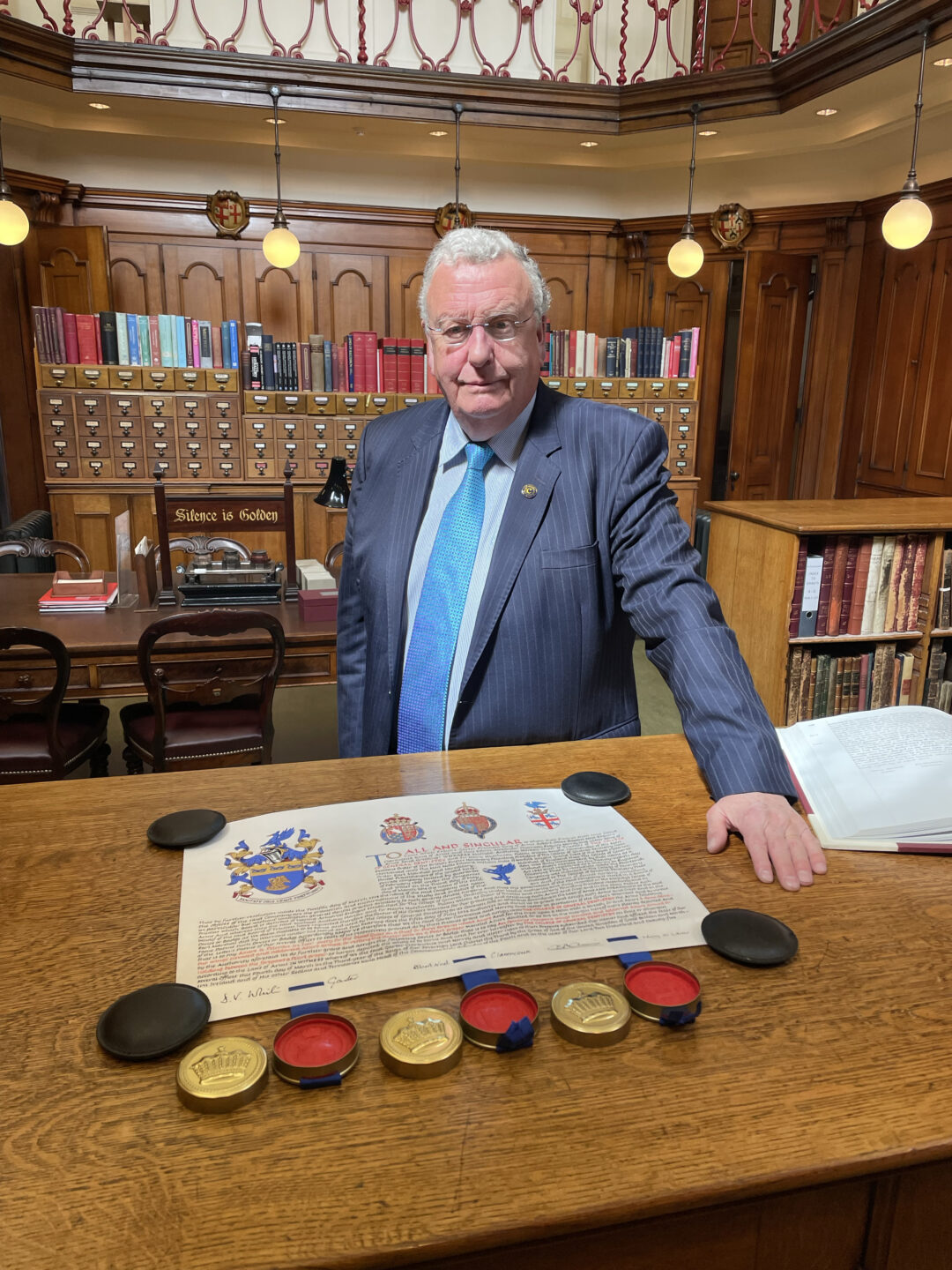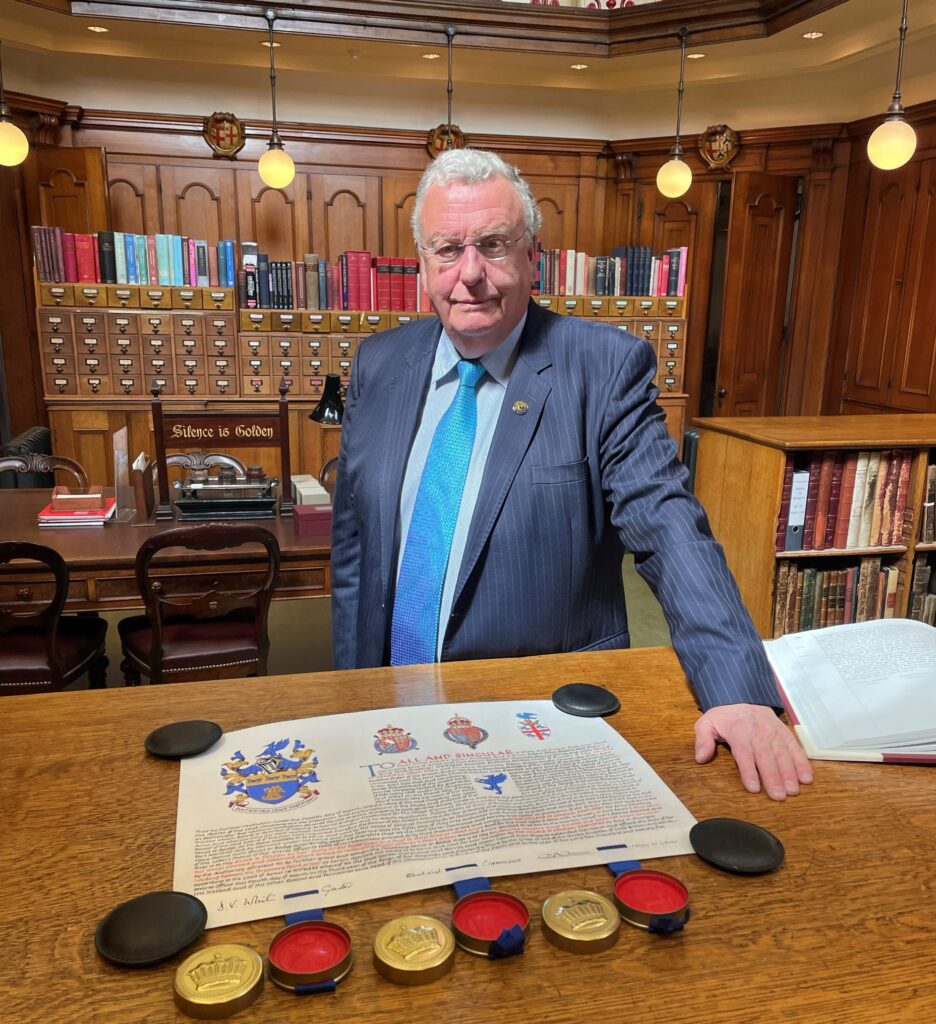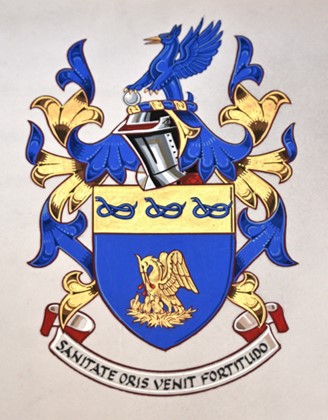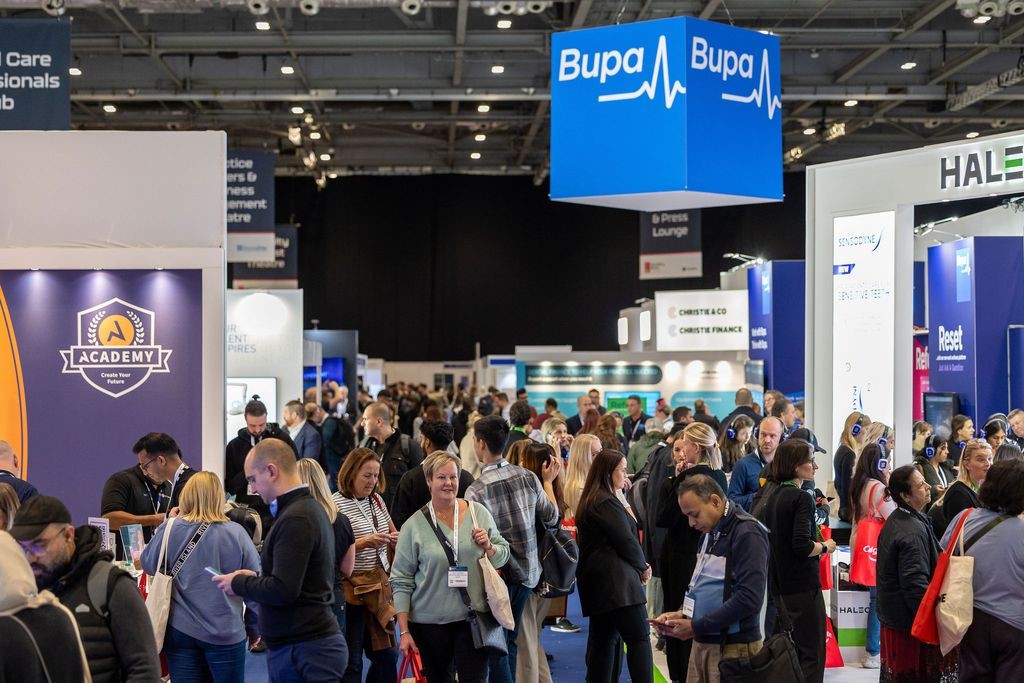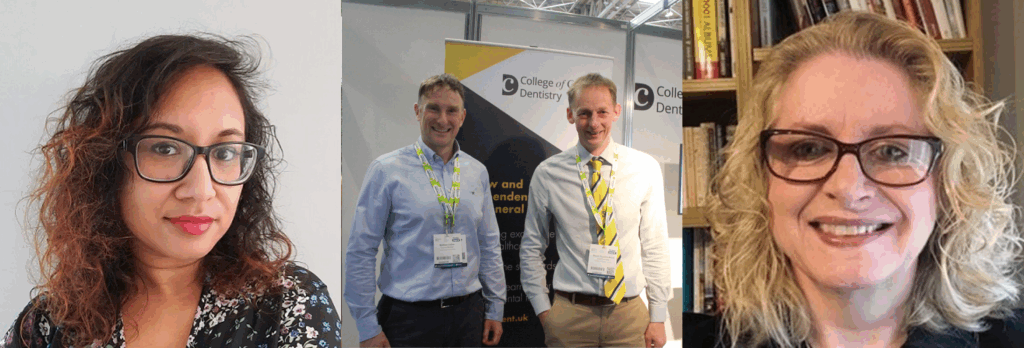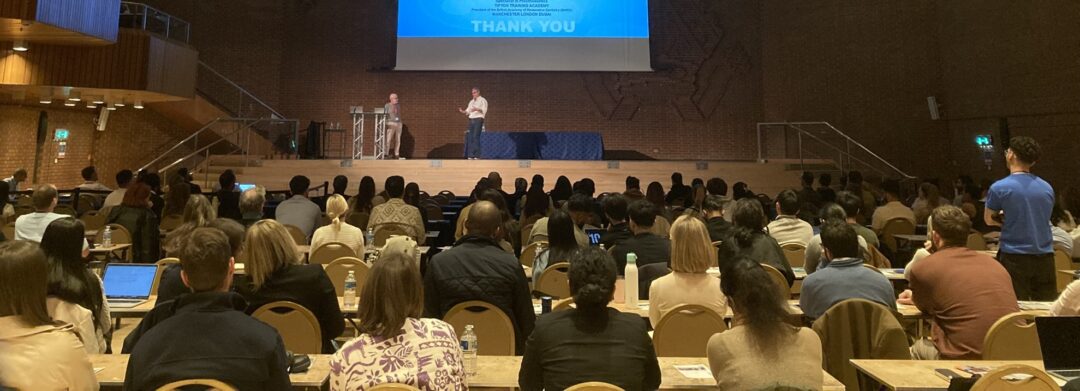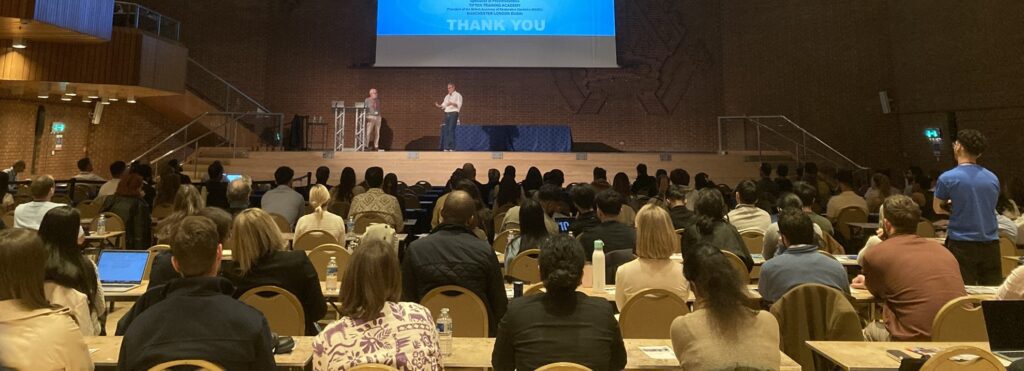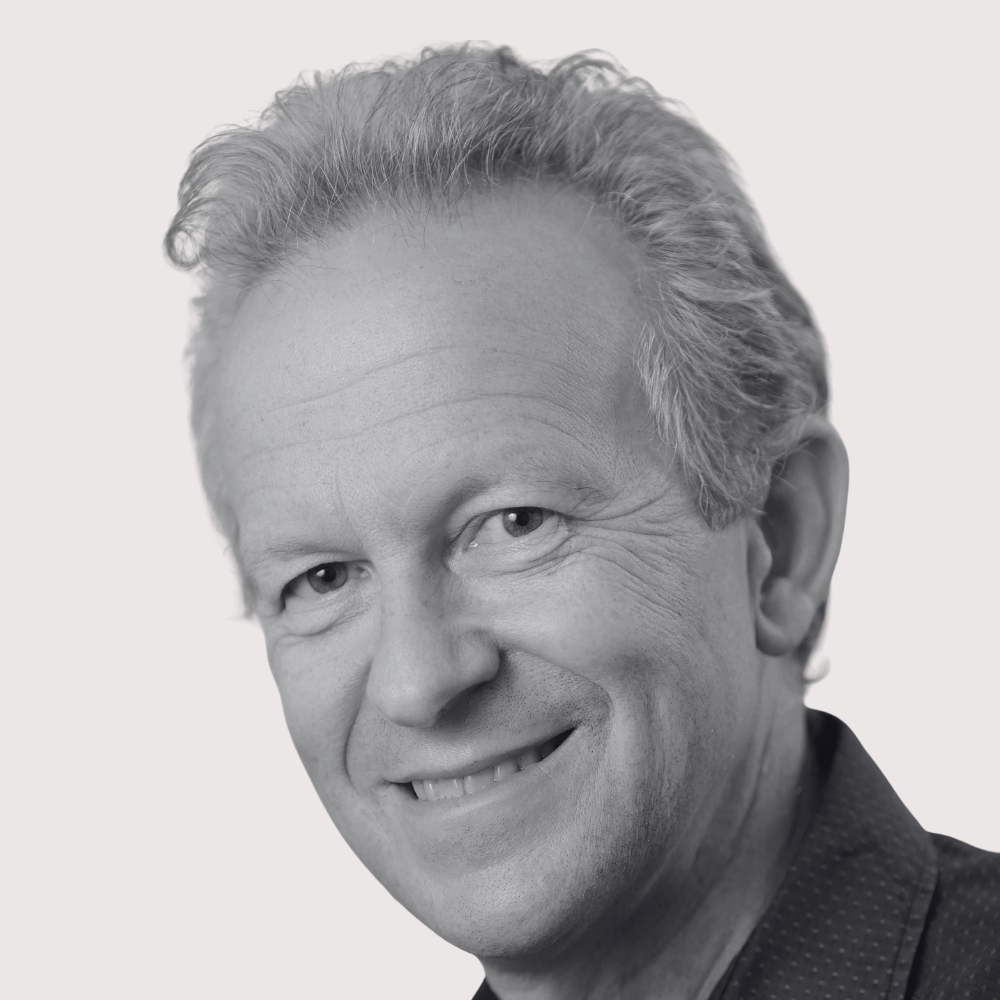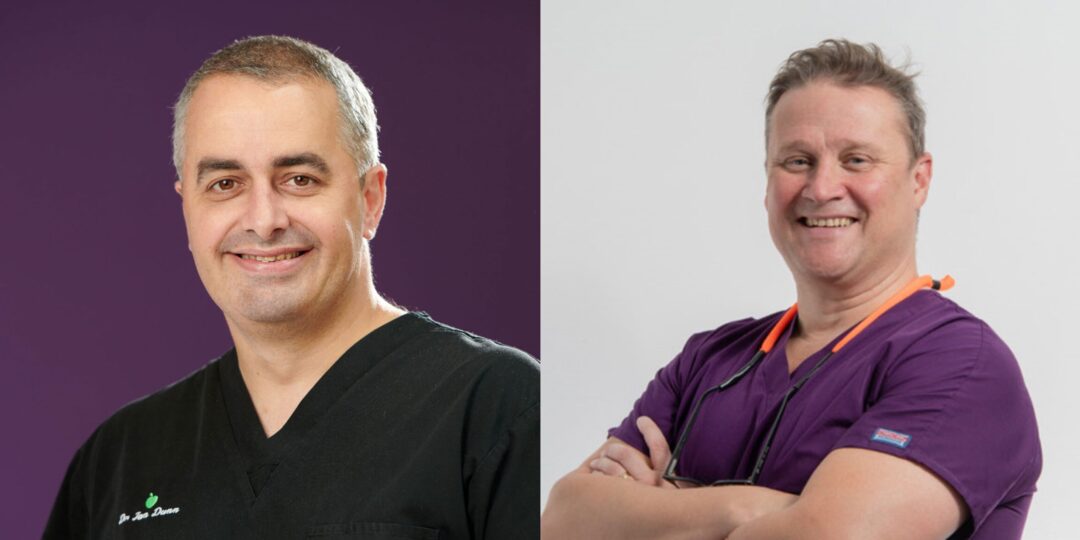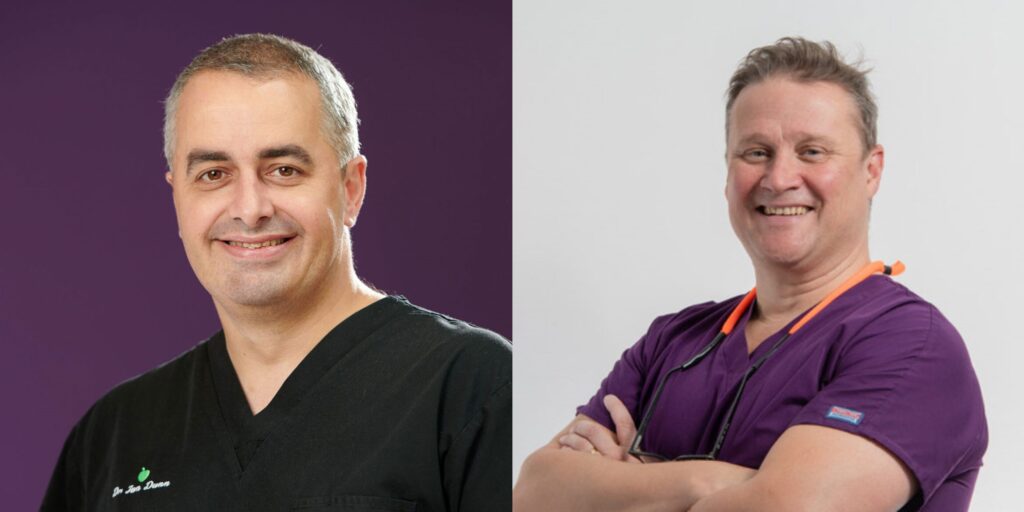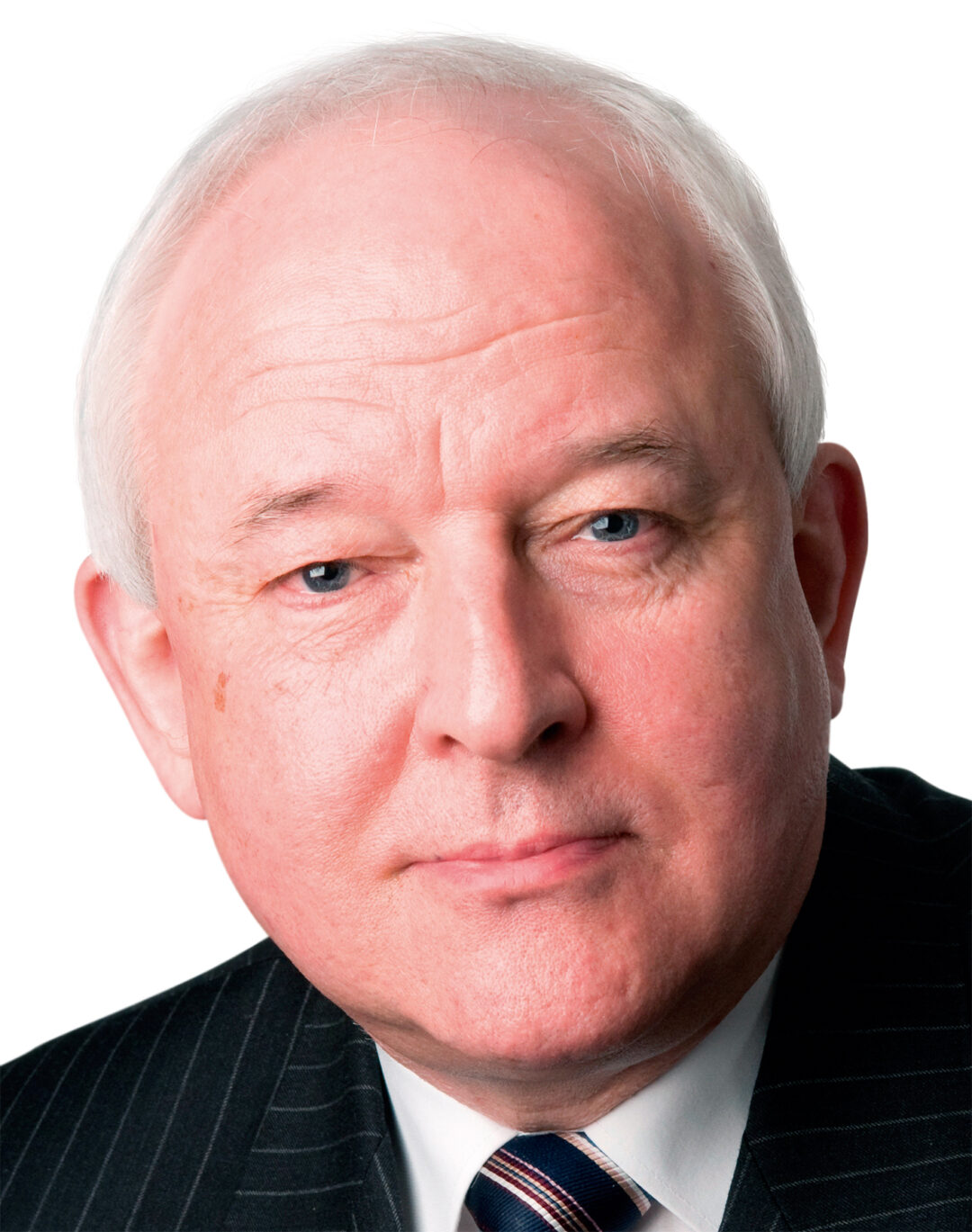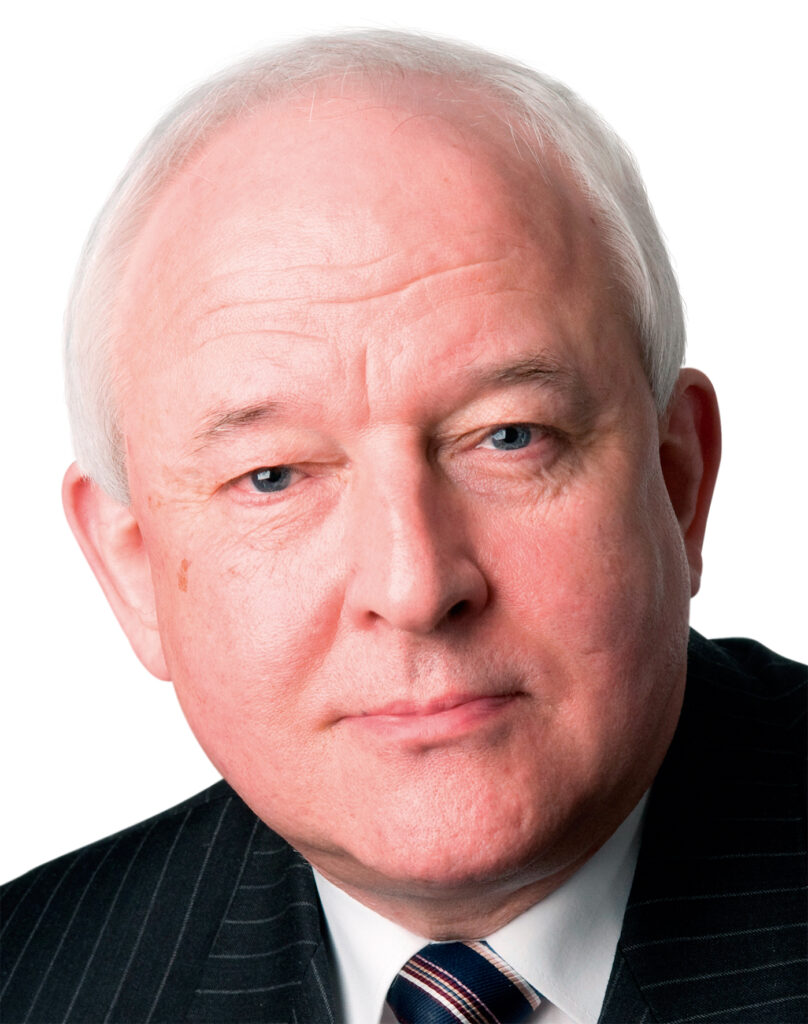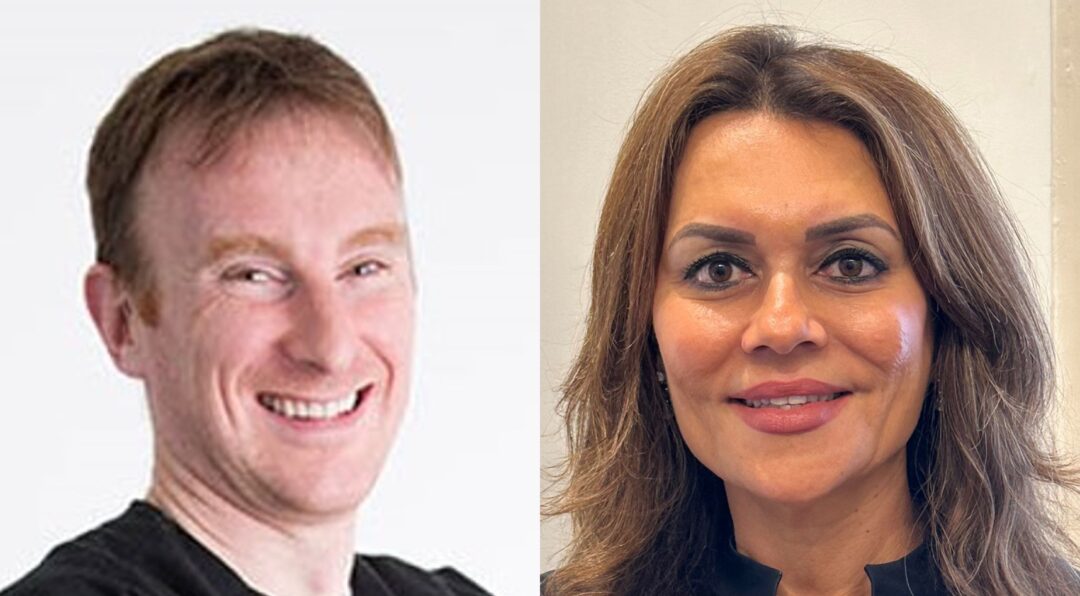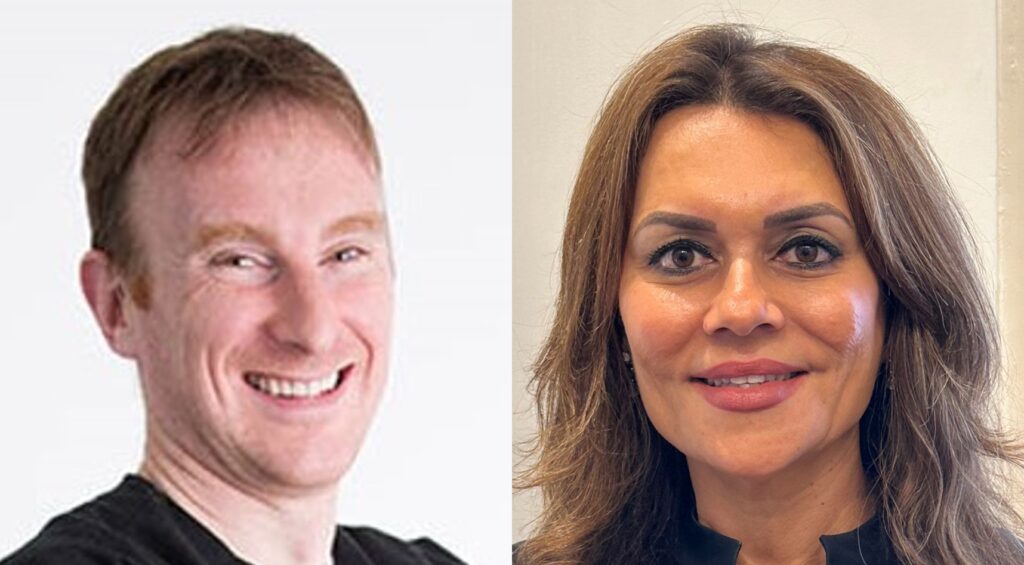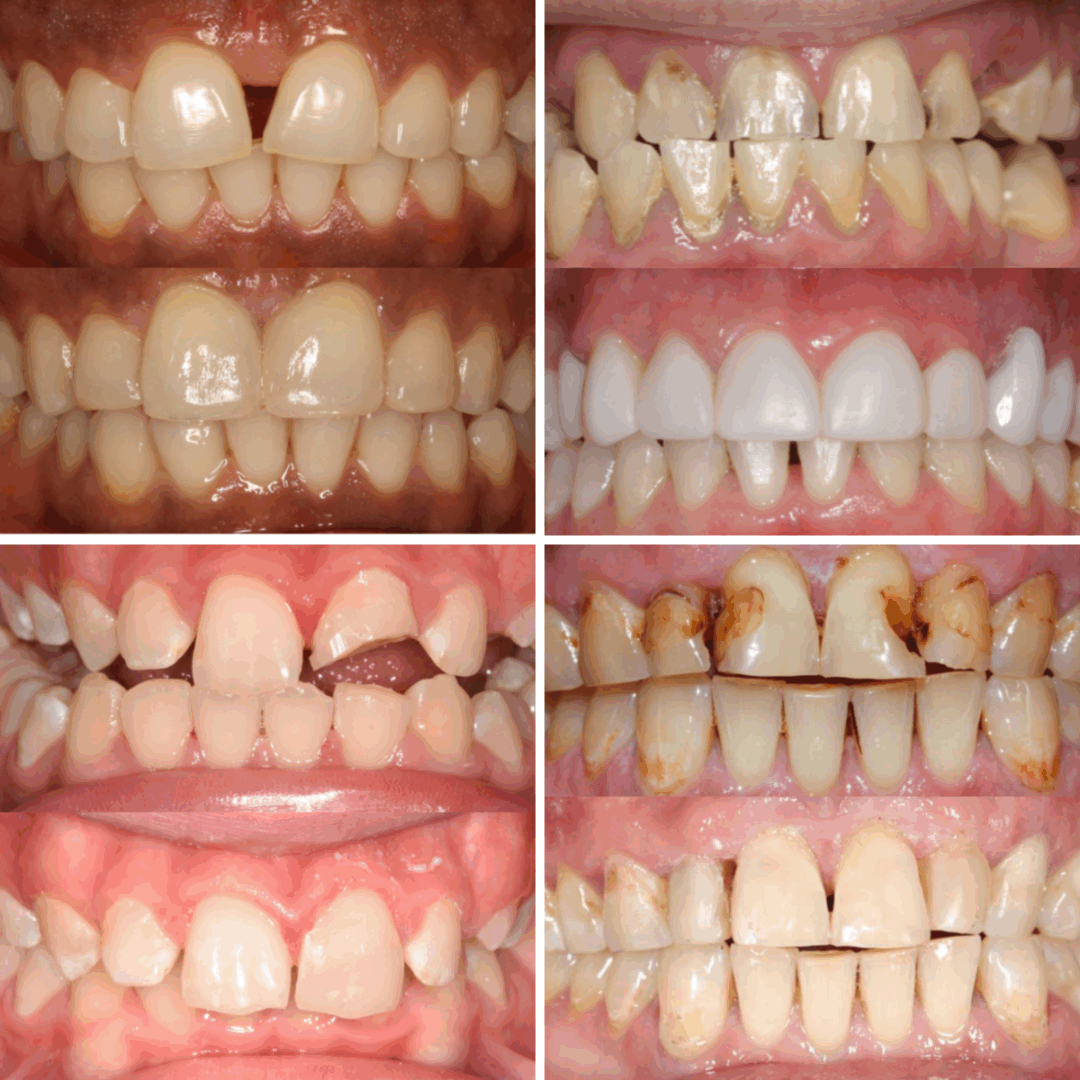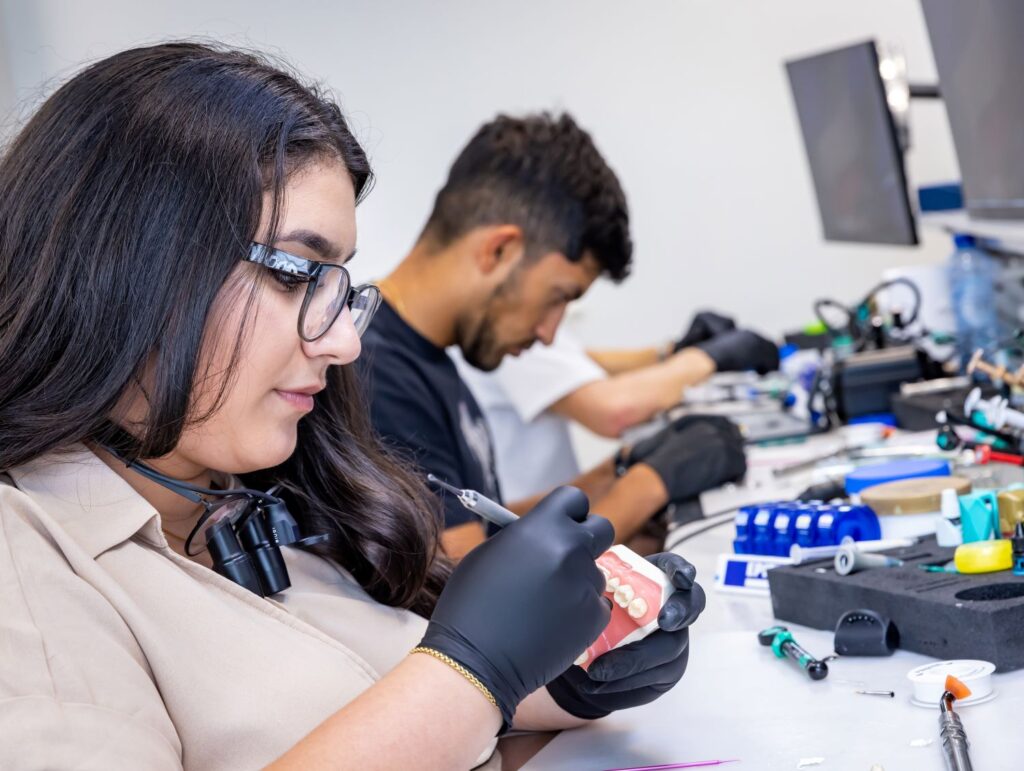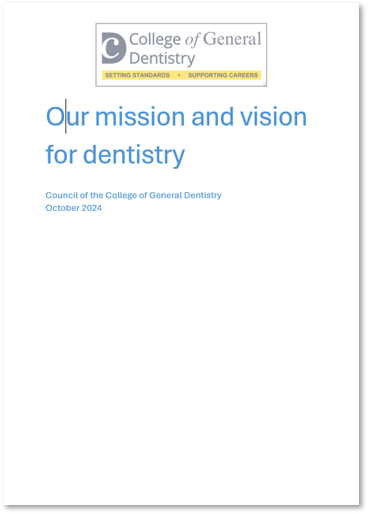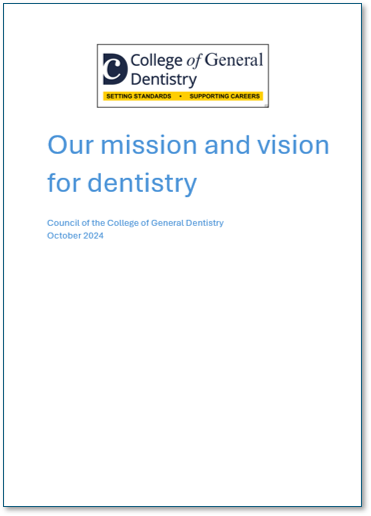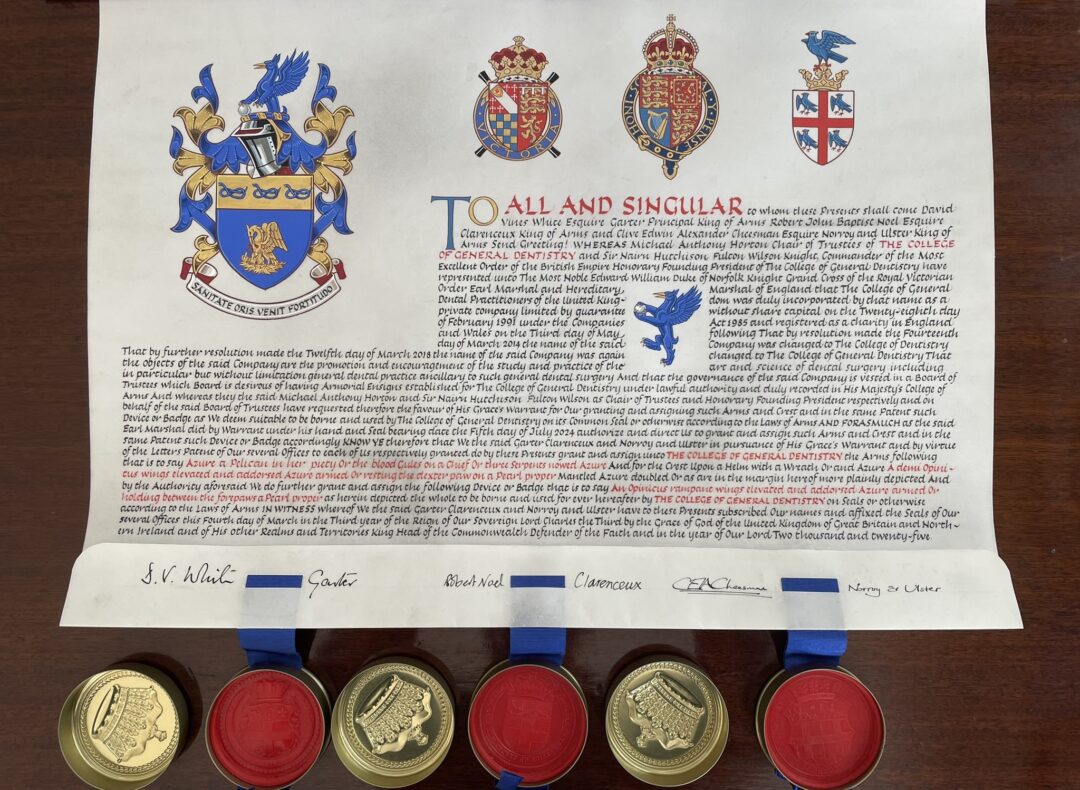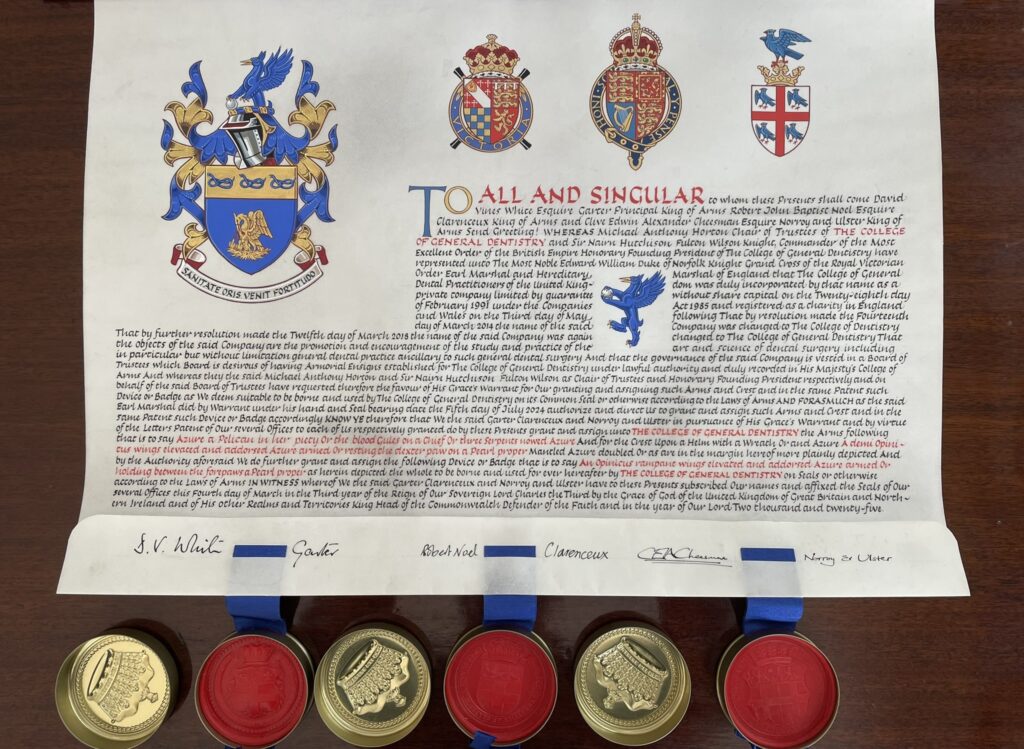The most recent account of the formation of the Faculty of General Dental Practice, originally the Faculty of General Dental Practitioners, is provided by Santini et al.1
This historic note, written by Stephen Rear MBE FCGDent (Founding Dean of the Faculty of General Dental Practitioners) and Sir Nairn Wilson CBE FCGDent (Founding President Emeritus of the College of General Dentistry) for the Dental Historian, focuses on the problematic issue of the Faculty, which was hosted by the Royal College of Surgeons of England, adopting a ‘UK’ suffix – FGDP(UK).
Background
From the outset FGDP was conceived to be a UK-wide body, with the intention to become an independent college within a few years of formation. It was proposed, as an interim arrangement en route to becoming an independent college, that the Faculty, while hosted by the Royal College of Surgeons of England, be an intercollegiate faculty of the three Royal Surgical Colleges – the Royal College of Surgeons of England, the Royal College of Surgeons of Edinburgh and the Royal College of Surgeons and Physicians of Glasgow, each having equal representation on the Board of the Faculty, i.e., the Faculty of General Dental Practitioners of the Royal Surgical Colleges of England, Edinburgh and Glasgow. The Royal Surgical Colleges were, however, opposed to the concept of an intercollegiate faculty at the time, both for legal reasons and not wishing to invite a flood of proposals for intercollegiate faculties in every surgical specialty, which could threaten the fiercely defended independence of the three Royal Surgical Colleges. This posed a problem for FGDP, which wished to be identified as a UK-wide organisation, providing a collegiate home for all general dental practitioners (GDPs), including GDPs in Scotland who may have had some affiliation, loyalty or simply affection for one of the Royal Surgical Colleges based in Scotland. The solution was to accede to the demand of the Independent College – proposed College of General Dental Practitioners, Group1 to add a ‘UK’ suffix to the name of the Faculty – Faculty of General Dental Practitioners (UK), and, in addition, to plan to hold educational and diploma ceremony events across the UK, specifically in Scotland. As explained in this historic note, the decision to adopt a ‘UK’ suffix proved problematical.
Problems
When approached, the Royal Surgical Colleges in Scotland objected vehemently to FGDP, as a part of the Royal College of Surgeons of England adopting, a ‘UK’ suffix – both the Royal Surgical Colleges in Scotland considering themselves to have UK-wide roles and responsibilities extending to primary care dentistry. The Privy Council declined to take a position on the matter, suggesting faults on both sides of the argument for and against the adoption of the suffix. And the General Dental Council (GDC), in granting general recognition to the Faculty’s Diploma in General Dental Practice (DGDP) determined, in accordance with the GDC’s standard usage, that the abbreviation to designate the diploma would be ‘DGDP RCS Eng’, i.e., with no reference to the Faculty, let alone the use of a ‘UK’ suffix.
Diplomacy
Voluminous correspondence then ensued through last quarter of 1992 and first quarter of 1993, involving, amongst others, Stephen Rear, the founding Dean of FGDP and driving force behind the initiative, the Presidents and then Deans of the Faculties of Dental Surgery of the three Royal Surgical Colleges, and Sir David Mason CBE, the then President of the GDC. This correspondence and concurrent discussions culminated in the matter being discussed at a meeting of Joint Surgical Colleges in Dublin in April 1994. At this meeting, the Royal Surgical Colleges agreed not to oppose the adoption of the ‘UK’ suffix by FGDP, but grudgingly, given the view of the Royal Surgical Colleges based in Scotland that the use of the suffix would cause irritation until either the FGDP realised its ambition to become a free-standing College, or the use of the suffix was discontinued. If the Royal Surgical Colleges in Scotland had known that FGDP(UK) would continue to exist until 2021, rather than become a free-standing college within a matter of a few years, they may have been less inclined to agree to the adoption of the suffix by the Faculty.
Subsequent developments
Despite the Royal Surgical Colleges in Scotland nursing their irritation over the adoption of the ‘UK’ suffix by FGDP, they agreed to provide observers to serve on the Board of the Faculty, made their facilities available to FGDP(UK) for educational purposes – examinations, courses and, in the case of the Royal College of Surgeons of Edinburgh a FGDP(UK) diploma ceremony. Also, the Dental Deans of the Royal Surgical Colleges invited the Dean of FGDP(UK) to join meetings of the Joint Meeting of Dental Faculties (JMDF).
Over time, whatever irritation was caused by FGDP adopting the ‘UK’ suffix, subsided and faded away. And when, FGDP(UK) finally separated from the Royal College of Surgeons of England to meld into the newly formed College, intended Royal College of General Dentistry, the use of the ‘UK’ suffix, together with the Faculty, became a matter of history.
Concluding remarks
The hard won, albeit begrudged acceptance of the adoption of the ‘UK’ suffix by FGDP was important to the Faculty in promoting and maintaining a UK-wide presence and influence during its extended relationship with the Royal College of Surgeons of England. This extended relationship included a failed attempt to combine FGDP(UK) with the Faculty of Dental Surgery of the Royal College of Surgeons of England, and restructuring arrangements by the host Royal College of Surgeons of England, which eroded the independence of FGDP(UK). This erosion of independence made the eventual separation of the Faculty from the Royal College of Surgeons of England, and the formation of the College of General Dentistry all the more difficult – a matter for a subsequent paper.
Reference
- Santini, A., Gordon, E. & Wilson, N.H.F. The history of the College of General Dentistry: The formation of the Faculty of General Dental Practice. Dent.Hist.,2024; 69: 7-15.
The authors are most grateful to Dr Edgar Gordon FCGDent for reviewing this note to confirm the accuracy of its contents.
This article has been re-published here with the kind permission of the Dental Historian, the journal of the Lindsay Society, a membership organisation which promotes interest, study and research into the history of dentistry and brings together people who share these interests.
The version of record (‘Formation of the Faculty of General Dental Practice: the problematic ‘UK’ suffix’) is available in the Dental Historian, volume 70 (2025), issue 2.

